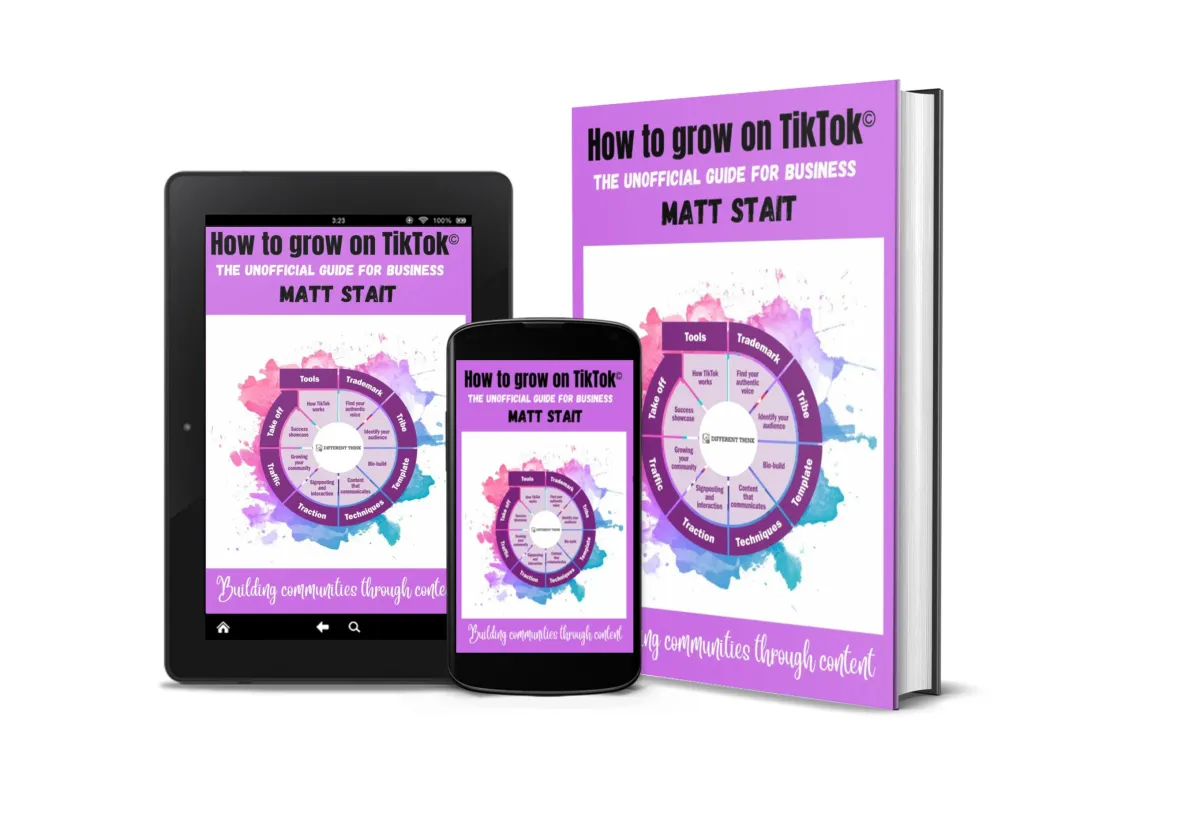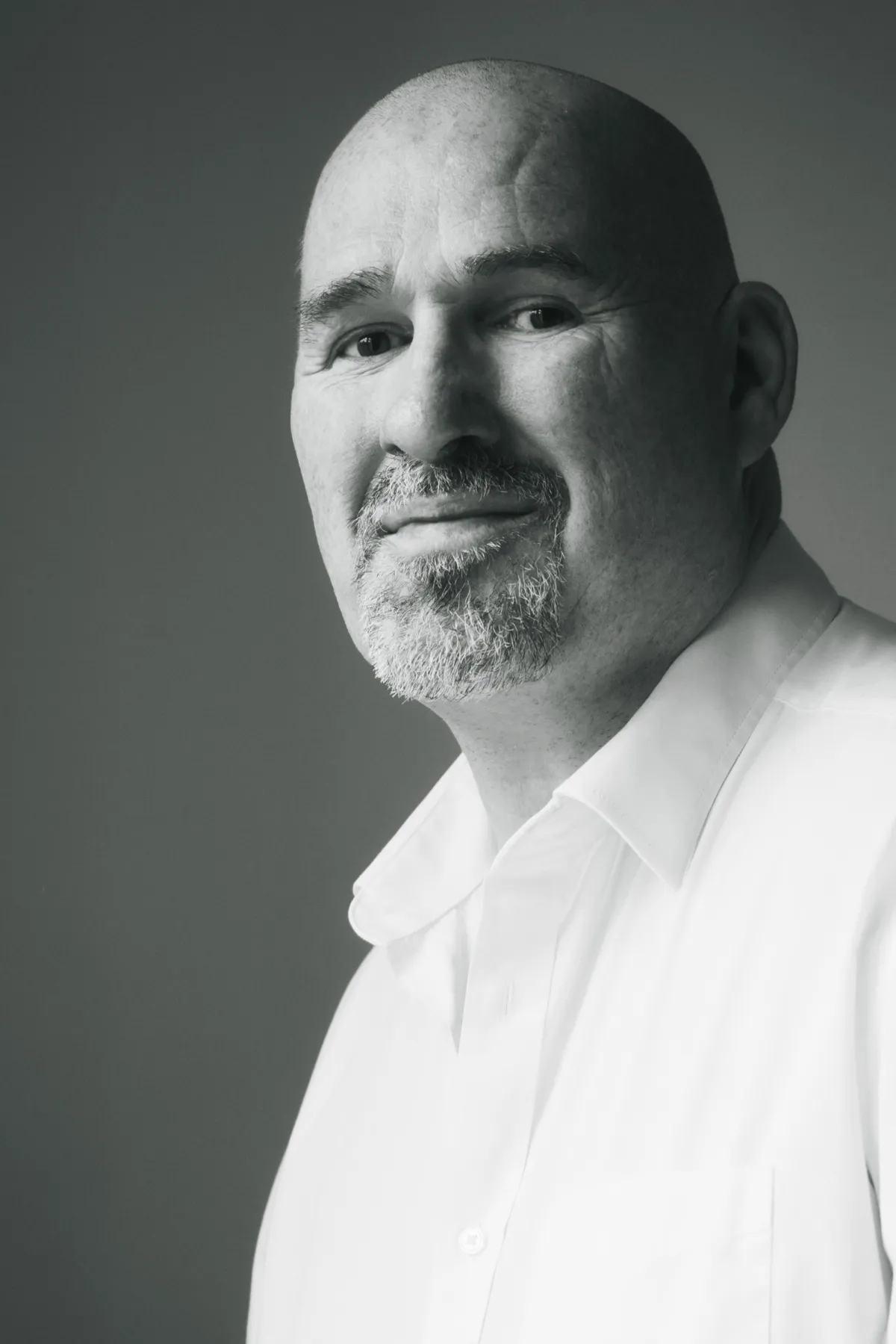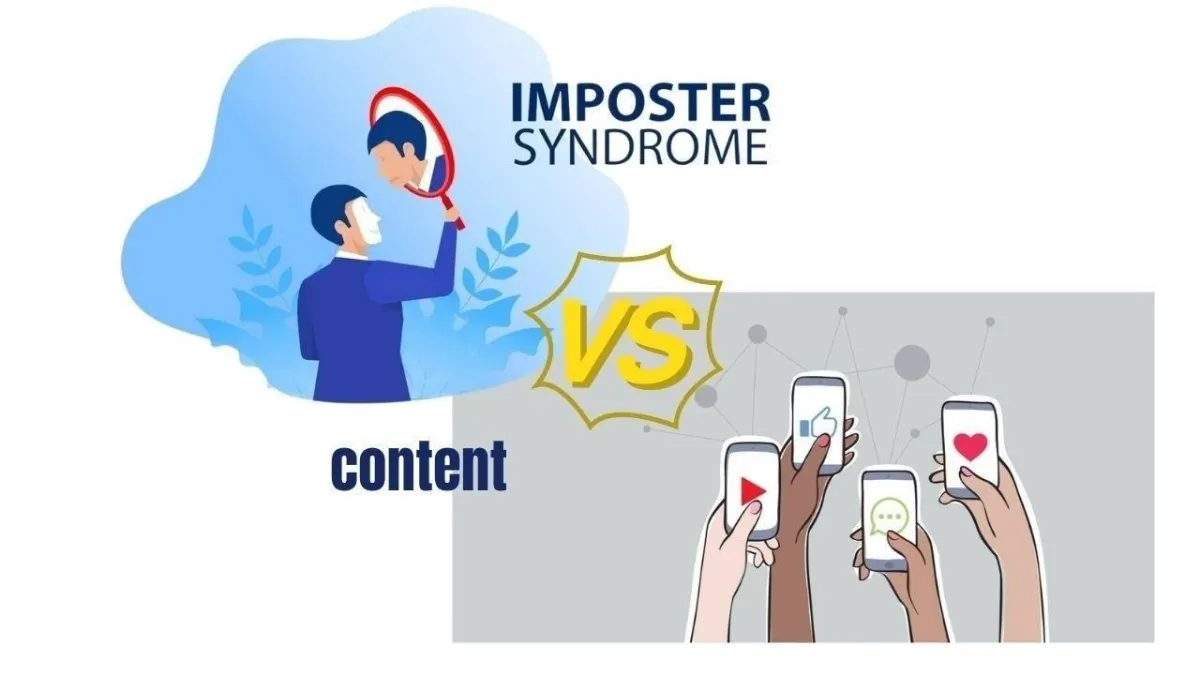About Matt

Using social media I went from school dropout working on building sites to best-selling author and writer, speaker, online course creator, business owner and part-time university lecturer studying for a PhD in business and marketing.
Hi, I'm Matt Stait MSc, MCIM, MCIPR
More importantly than that I have consistently created multiple viral videos across platforms, built large online communities of my own, and now do the same for my clients.
Social selling, brand building, and creating communities on social media through short form video has become something I am not just good at, but enjoy. I now teach what I know to my clients, and part-time to business MBA students.
When I first started I found it very hard to source marketers and trainers who specifically knew about TikTok and short-form video.
I soon learned it has its own way of doing things and often the 'traditional' way didn't fit this new medium.
That acknowledgement that specialist knowledge was needed for businesses like mine to gain the most benefit from short form content and this new way of communicating led me to set up Different Think Ltd.
As a teacher and trainer for many years I quickly saw that the knowledge I had gained building large followings and creating many pieces of viral content with zero ad spend across multiple platforms for my clients and myself could be formatted to create the Success Wheel Formula.This is our unique eight-point framework specifically designed for building successful profiles across social media using short-form video, and the basis of what I teach to my clients.
Aside from social media I have written four books, three e-Books, and numerous articles for industry publications, spoken on over 250 podcasts and business summits, enjoy martial arts, and share my home with a very large overly enthusiastic dog.

Read Our Latest Blogs

How to overcome imposter syndrome and create great content online.
How to overcome imposter syndrome and create great content online.
Have you ever had that voice in your head? You know, the one that whispers to you in the quieter moments and fills you full of doubt and uncertainty. If so, you are not alone. Some of the biggest and brightest at what they do have succumbed to those thoughts, which on occasion has led to procrastination, avoidance, and even in some cases total failure.
Albert Einstein recognised as one of the greatest minds of our time said about himself
“The exaggerated esteem in which my lifework is held makes me very ill at ease. I feel compelled to think of myself as an involuntary swindler.”

What is imposter syndrome?
Imposter syndrome in essence is the internal belief system that is telling us we are not as competent as others perceive us and do not deserve acknowledgment or status bestowed upon us by our peers. The feeling is one of being a fraud and thinking you will be found out as such at any time. The term imposter syndrome was first used by psychologists in the seventies and was aimed predominantly at high achievers. This is the irony, as imposter syndrome lies in the province of the perfectionists and the successful.
The anxiety of this can prove overwhelming for some and create a log jam for creativity and content creation that can be hard to overcome, yet with understanding comes tools to understand the issue is rarely what you are that is holding you back, it is more about what you think you are not.
How to identify imposter syndrome?
Do any of the following phrases resonate with you?
I feel like a fraud.
I got lucky.
I’m no good at this.
I can’t charge people for this.
I will get found out.
I don’t belong here.
Who am I to talk about this.
I can’t do this.
I am not good enough.
Those emotions can create almost constant anxiety that can form a vicious cycle that becomes self-perpetuating. The more it happens the more it can become embedded into your core self-beliefs no matter what evidence is presented to the contrary.
I know this myself as it took me four years to write my first book. The writing process took around six months, it was the imposter syndrome that took the time. I had always wanted to write a book and through my work, at the time as a nightclub bouncer and bodyguard, I had gathered many interesting stories and insights into that world that I was convinced would make a good read for people interested in that side of life. I started to write and the words began to tumble out painting pictures of my memories so vivid it at times felt I was back there in those moments, and before I knew it that pile of post-it notes full of scribbles was now a half-finished manuscript of twenty thousand words. That unfortunately is how it stayed for the next three years. It was locked in a file in both my computer and in my mind. I had told myself no one would want to read it, I had left school with no formal education so had no business writing a book, what did I know? Those voices were so strong they kept my book in that drawer for all that time until one day it was time to meet them head-on. I had written several articles for publication, I had been in the industry for many years both on the coalface and teaching others. I had a voice.

On release, the book became an Amazon best-seller twice and was enthusiastically received by both the public and my peers. Kind words came in from many avenues and the voices were forced to metaphorically apologise to me. However, it doesn’t end there as I am now writing my fifth book and still have to actively quiet those emotions when they begin to bubble up as Imposter syndrome and the feelings it brings are not a binary in or out issue, more a spectrum of emotion that is nuanced and can’t be dismissed once to be forgotten, but can be banished over time.
How to overcome imposter syndrome.
Many steps can be taken towards overcoming this feeling and at the end I will include an exercise I do with my coaching clients to help recognise personal expertise and use that to create authentic content that shows our strengths.
Here are a few suggestions that can be implemented to help avoid the log jam.
Know the signs.
Catch those feelings at the inception before they have a chance to gain a foothold.
It doesn’t have to be perfect.
Often it is those flaws that make us human. We improve by doing.
Discuss your feelings with a manager or mentor.
Just like the childhood bully or the bogeyman under the bed, often shining a light on it can show it for what it really is.
Be kind to yourself.
You are not alone in these feelings, and you are doing a great job.
Say YES as often as you can.
Take opportunities when they present and do not let fear dictate decisions.
Measure your success.
Record your victories, wins, and achievements and acknowledge them.
Celebrate yourself.
You are the best you in the world. Always worth remembering.

Imposter syndrome exercise.
As promised, I said that I would provide an exercise to try. This is something we do to identify what is incredible about you, identify expertise, and show credibility to yourself and others.
What is your story?
Write down all the things about you that make you unique. List any life experiences good or bad, where you went to school, family life, adventures, and anything else of interest. Everything is relevant, not just your professional life. Take some time to do this and be thorough.
Now answer the following questions:
What do you specialise in?
What are your skills?
What accreditations, awards, certifications, and accolades do you have?
What books and articles have you written, or are going to?
Where have you spoken?
Do you have followers on social media? If so where and how many?
Who have you learned from either directly or indirectly?
Who have you helped?
What is your mission?
What can you say that your competitors cannot?
What else makes you different?
What makes you so passionate about what you do?
List 10 keywords that you wish to be found for.
Now that you have filled everything in you can use this information to create your very own content timetable that will showcase your strengths and promote your expertise and knowledge whilst reminding yourself that you deserve every success that you earn.
For more on how you can build your expert profile and brand see here.





